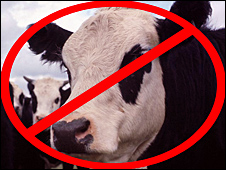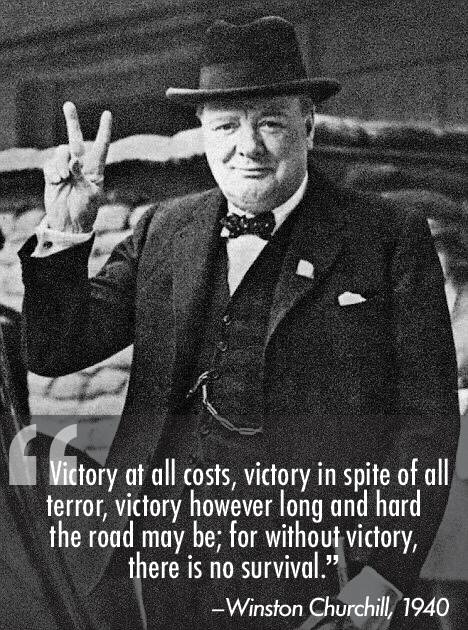I was watching Good Morning, America Monday morning. Don’t judge me. Earlier I had been watching our local news, and when it automatically switched over to GMA at 7:00 a.m., I was too busy to change the channel right away.
 There was a story about banning the word “bossy.” I have to admit, when I heard the phrase “Ban Bossy,” my first thought was of some poor cow with a big slash across her face. Once I got over my giggles at that imagery, I watched and listened to the story.
There was a story about banning the word “bossy.” I have to admit, when I heard the phrase “Ban Bossy,” my first thought was of some poor cow with a big slash across her face. Once I got over my giggles at that imagery, I watched and listened to the story.
In a nutshell, the story is that Sheryl Sandberg, a Facebook bigwig and creator of an organization called Lean In, along with the Girl Scouts USA, are launching a campaign to ban the word “bossy” because it is a put-down for girls, and it tends to make girls not want to be leaders. In other words, instead of simply having a campaign to encourage girls to be leaders, they decided to put girls in the role of victims and ban the word bossy. Stay true to form, libs. They even have a website: banbossy.com.
I looked through the website, and as much as I hate the “ban bossy” premise, the “I am woman, hear me roar” tone of the campaign, the tedious “sign the pledge” graphics all over the website, and the fact that “ban bossy” tells girls that it’s okay to infringe on the free speech of others, the website provides some fairly good ideas for fostering leadership. So why do they have to couch a program about encouraging girls to be leaders in the context of banning a word? And why not foster leadership in all children – not just girls? Instead of “ban bossy,” why not “foster leadership,” “encourage enterprise,” “inspire initiative”? Okay, my suggestions aren’t as alliterative and catchy as “ban bossy”, but if they put a little thought into it, they could come up with a positive slogan rather than a negative one.
The thing about banning words is that we use words in our speech, and freedom of speech is in the First Amendment of the Bill of Rights:
Congress shall make no law respecting an establishment of religion, or prohibiting the free exercise thereof; or abridging the freedom of speech, or of the press; or the right of the people peaceably to assemble, and to petition the government for a redress of grievances.
Of course we all know that Congress has nothing to do with the “Ban Bossy” campaign. There is no law being proposed to “ban bossy.” Sandberg has the right to use the phrase “ban bossy” as much as we have the right to say that we think it’s a stupid idea. Still, here are prominent people and organizations advocating for limiting the free speech of others.
There’s an interesting history of banning words in the United States. Time magazine did a story on it this week. It’s both enlightening and amusing to see that list of words. As Time points out, banning simply doesn’t work. We might someday use the phrase “the B-word” instead of using the actual word “bossy,” but each time someone says, “He called her the B-word” everyone will know that “bossy” was what was meant. Plus, there are already other B words, and the alphabet will only go so far. Once a word is in the language, it can’t be taken out.
Besides the whole freedom of speech thing, the very act of trying to ban a word immediately gives that word additional power. Mark Twain said, “The more things are forbidden, the more popular they become,“and he was right. A word that most people didn’t think twice about two days ago is suddenly on everyone’s mind. You want to insult a person? Call him/her “bossy.” Someone does something you don’t like? She’s just bossy!
The “Ban Bossy” folks realize, I am sure, that they can’t literally ban “bossy.” Rather, their goal is to make it such a socially and politically incorrect word that people will stop using it. I keep coming back to the word “bossy.” Really, Sheryl, when thinking of hurtful words, is “bossy” the best you could come up with?










Recent Comments